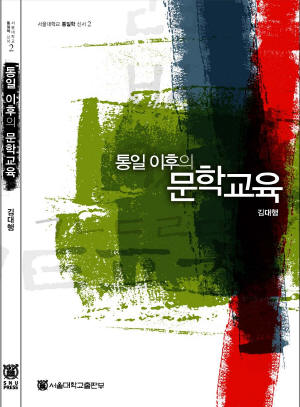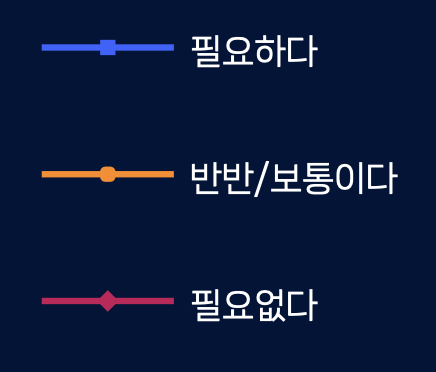Post-Unification Literature Education (in Korean)

Seoul National University New Unification Studies – 2
Author: Kim Dae-haeng
Book Introduction
“Literature Education Towards a More Integrated Humanity”
What would happen if the methods of South and North Korean literacy education, which have taken significantly different paths, collided in the same classroom? Based on the heterogeneity review for seeking integration, the book focuses on how to conduct elementary, middle, and high school literature education under the assumption that “unification has been achieved.” Since post-unification literature education is not a vague story of a distant future, but an important priority for an event that could realistically happen in our lifetime, unification can have true meaning only when a future-oriented design is specified.
How is literature education different in North and South Korea?
This book provides a brief look at the differences between the South and the North, explains why these differences emerged, and provides a plan to prepare for North-South literature education integration. For instance, while North Korea views literature as an important and powerful “tool”, South Korea thoroughly identifies it as “art”. In addition, while North Korea values “ideology” in literature education, South Korean literature focuses more on “knowledge”. North Korea strictly distinguishes between progressive and “reactionary” literature by taking a selective view of literature, while South Korea’s literature education chooses literary works with a comprehensive perspective.
North Korea regards literature as the providence of “the people”, while South Korea regards it as the providence of “the educated”, or “the expert”. of expertise and considers it to be educated based on expertise.
Therefore, North Korea’s textbooks devote an entire chapter to songs and value creative education. However, in the case of South Korea, it has often been argued that literature should be excluded from Korean language education because it is a domain of “expertise” or specialized knowledge. As a result, North Korea sees literary education as very important, while literature tends to comprise a lower proportion of the South Korean curriculum.
About the Author
Kim Dae-Haeng
After graduating from the Department of Korean Language at Seoul National University’s College of Education, Kim majored in Korean literature at the Graduate School of Seoul National University and earned a master’s and a doctorate degree in literature. Kim has served as a professor of Korean language education at Seoul National University’s Normal University and Ewha Womans University. Kim was the president of the Pansori Society, the president of the Korean Classical Society, the chair of the Korean Language and Literature Society, the president of the Korean Literary Education Association, and the chairman of the Korean Association of Ancient Literature.
Published: 2008.05.07


















